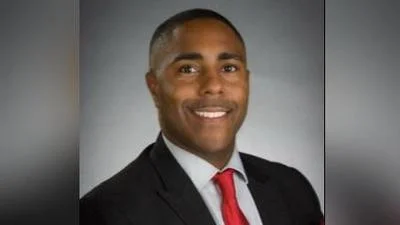Wikimedia Commons/Alexander Torrenegra
Wikimedia Commons/Alexander Torrenegra
The Arizona Supreme Court recently declared that ride sharing services can hike their fees.
According to AZ Central, the state’s Supreme Court unanimously ruled on April 2 in favor of an ordinance to increase the fees charged for the ride-sharing services Uber and Lyft when at Phoenix Sky Harbor International Airport.
The court ruled that the higher fees are constitutional and the additional money will help to support the airport’s functioning and infrastructure.
Previously, in 2019, Phoenix’s City Council voted 7-2 to increase trip prices on Uber and Lyft and the fees for pick up and drop off at the airport were agreed to increase $4 per trip as of Feb. 1, 2020. Uber, however, was not pleased with this decision and said that if the ruling was enacted that they would no longer issue services to the airport.
In January, Arizona Attorney General Mark Brnovich questioned the decision and asked the Arizona Supreme Court to investigate if the increase in fees was in violation of the 2018 amendment that put restrictions on the increase of taxes for services.
The court’s answer to the investigation came on April 2 when the unanimous decision was declared.
Brnovich responded to the decision in an email statement.
“As attorney general, I will continue to defend the will of Arizona voters. We look forward to reviewing the court’s opinion and understanding the reasoning behind its decision,” Brnovich said.
Mayor Kate Gallego’s office also issued a statement, saying that the increase should be viewed as a victory, as the city was able to have its say in the law-making decision of this issue.
“This ruling will allow all companies that do business at the airport to equally participate in its financial recovery from COVID-19,” Gallego’s statement said.
The Phoenix Sky Harbor International Airport also issued a statement via their spokesperson Heather Shelbrack.
“When companies are accessing the airport grounds to conduct business for profit, they are charged a fee to do so. When they are not conducting business at the airport, they are not charged, so even in these unprecedented times, this model works well,” Shelbrack said.






 Alerts Sign-up
Alerts Sign-up